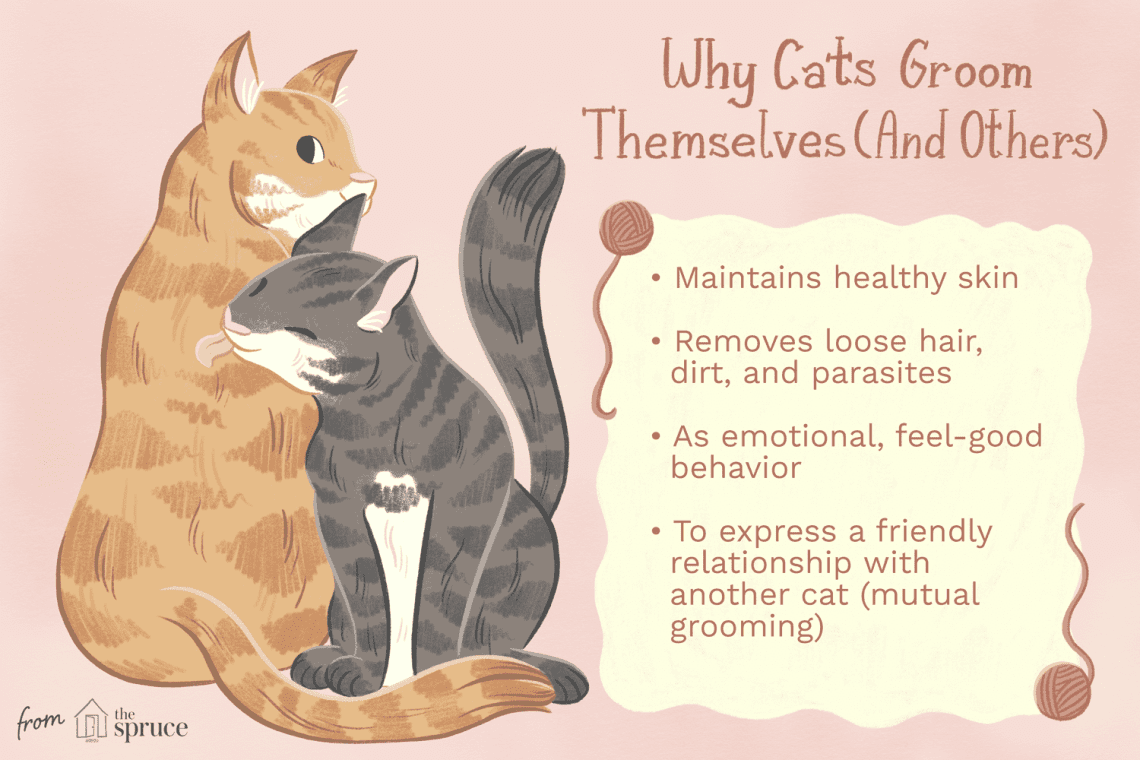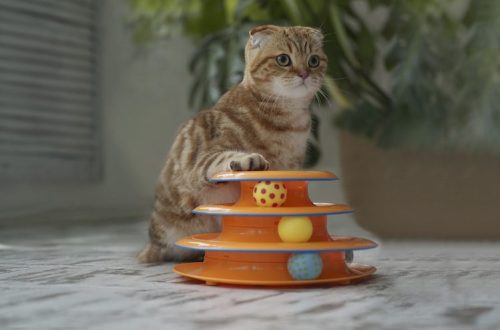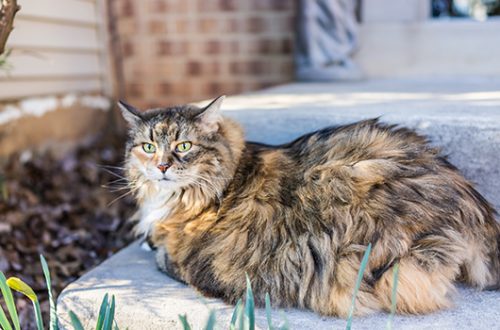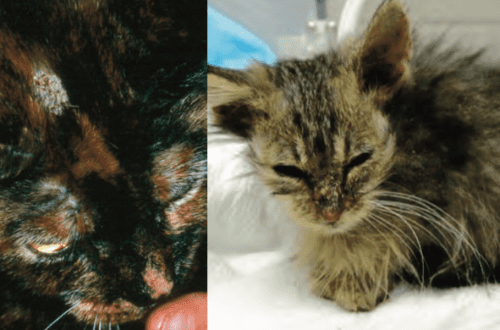
Why does a cat wash?
The cat licks itself several times a day. We usually say that she “washes herself”, but this procedure is not so unambiguous, and can tell us a lot about the pet’s mood. Scientists have come up with a special word – “autogrooming”. If a cat licks a fellow tribesman, this is called “allogrooming.”
Why does a cat wash?
Kittens already at an early age learn to lick both themselves and their fellows in order to show attention or calm them down. If the pet starts to lick you, it means that he has a tender affection for you. Although not everyone will like the touch of a rough tongue. A cat can also lick a dog if it lives peacefully with it in the same house. There are even signs associated with washing cats. For example, if the purr washes behind the ears for a long time, then the weather will be good. If, turning to the door, rubs its muzzle – this is a visit from guests. A healthy domestic cat is regularly engaged in auto-grooming. She starts by washing her muzzle (using her front paws) and ends by licking her tail.
Interesting fact: Observations have shown that most cats are left-handed or equally use both paws. And only one out of five cats is right-handed (uses the right paw for washing).
The washing procedure is not only useful (calms the cat, allows you to keep the coat in good condition), but can also serve as an indicator of well-being. During washing, the cat removes dust and tiny particles of plants from the coat, unravels the hairs, thus preventing tangles from forming. It also stimulates the skin glands, so that the wool becomes waterproof and does not get dirty so quickly. In addition, these glands produce a secret that gives the cat an individual smell. And, finally, vitamin D is secreted from the secretion of the skin glands, which enters the cat’s body when licked.
What about washing a cat can indicate problems?
If the cat licks more than usual, this may indicate a skin allergy or the presence of fleas. However, excessive licking can lead to the formation of hairballs in the stomach, which, in turn, is fraught with digestive problems. Rarely, but, nevertheless, there are cases when cats lick themselves to the point of baldness. It is usually associated with severe stress. The other extreme is the complete unwillingness to take care of yourself. If a cat has unkempt hair, this is a clear indication of poor health. If the cat lives in comfortable conditions, she washes herself after every sleep, meal, after playing or meeting the owner. By carefully observing the pet’s behavior, including the process of washing, you will be able to understand in time that the fluffy needs your help.





